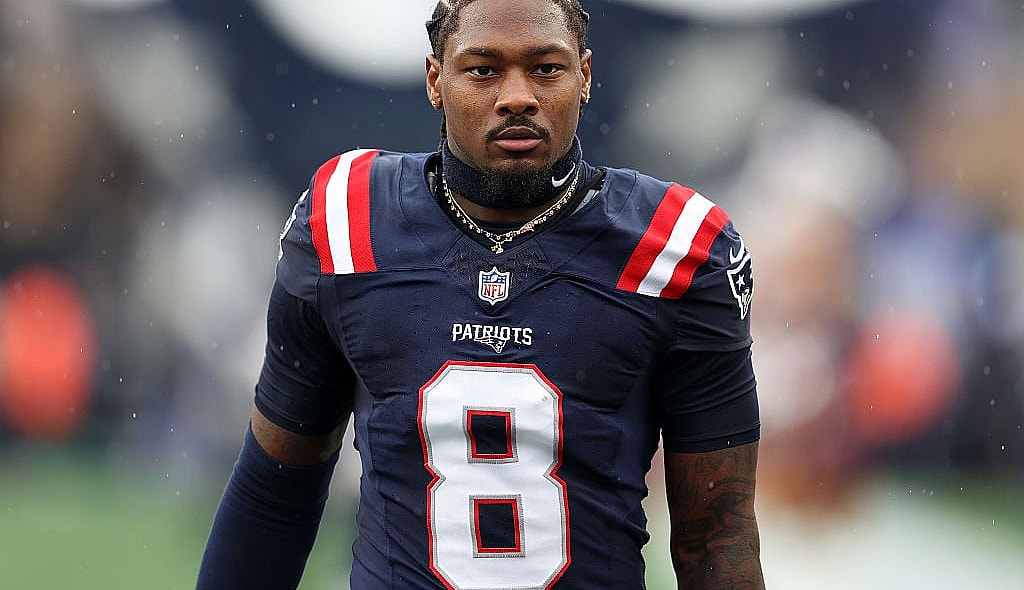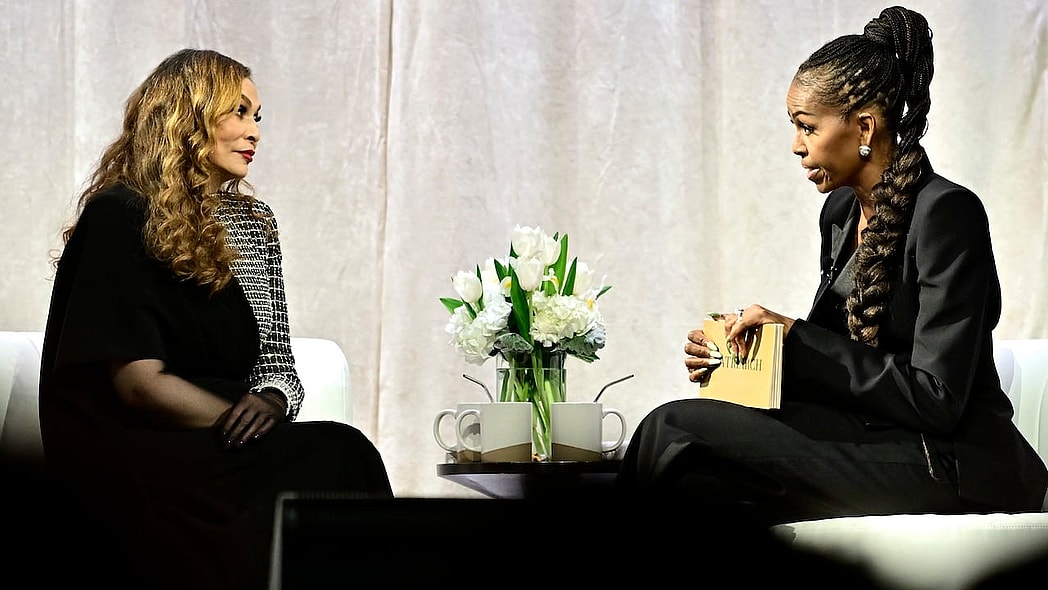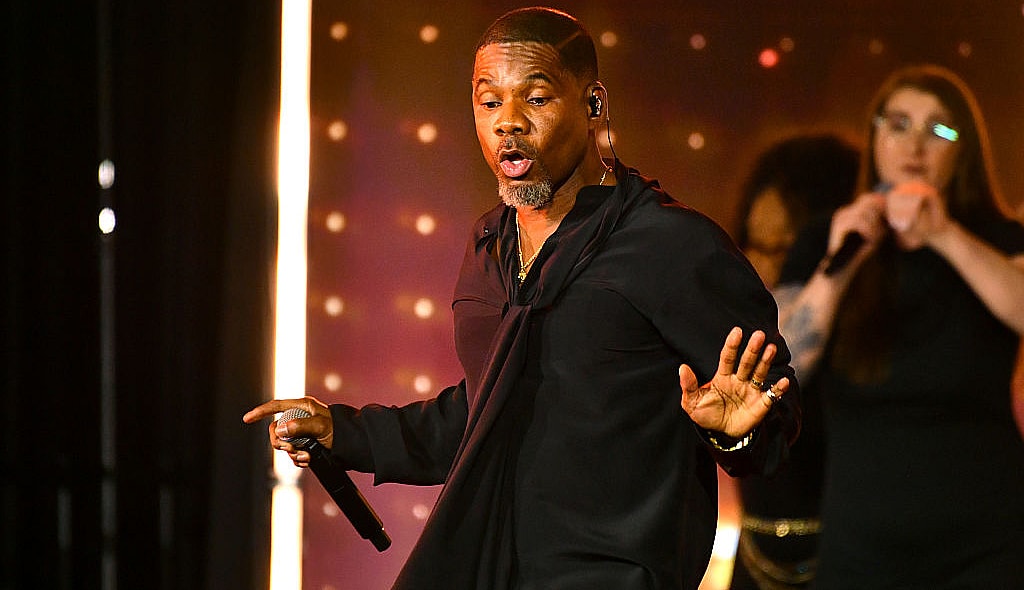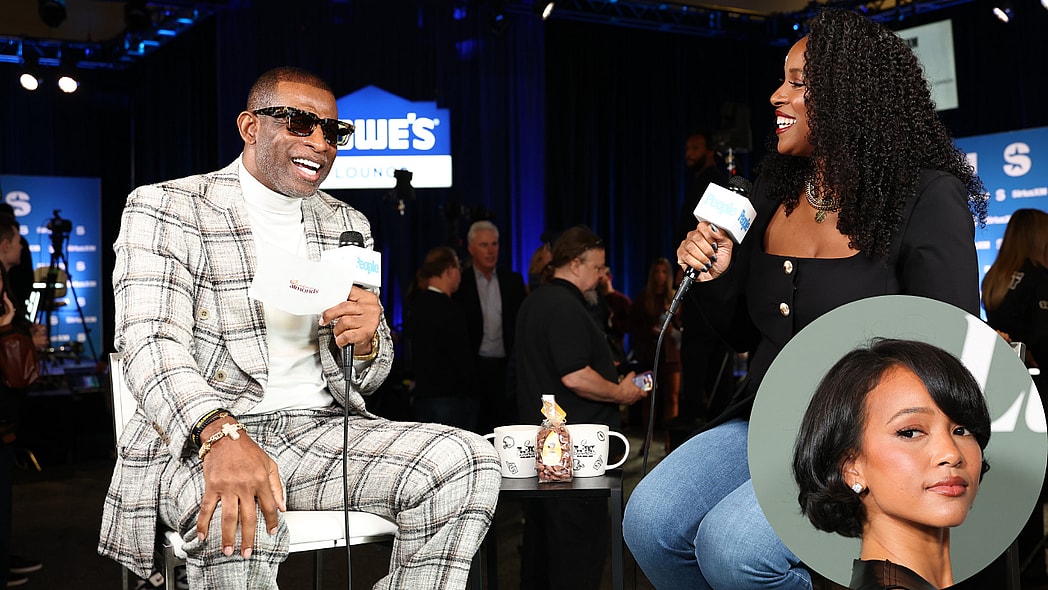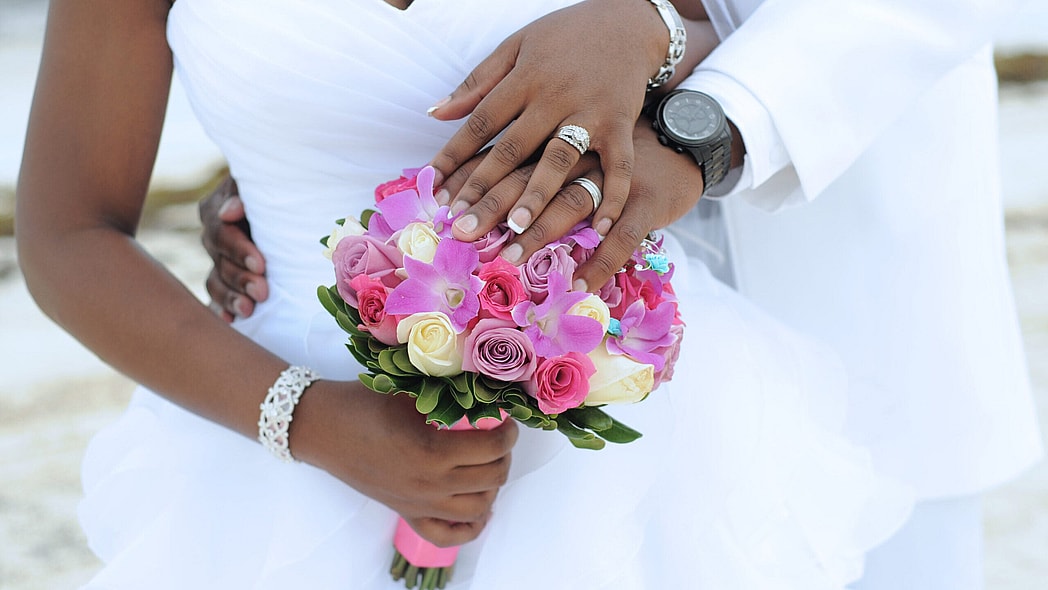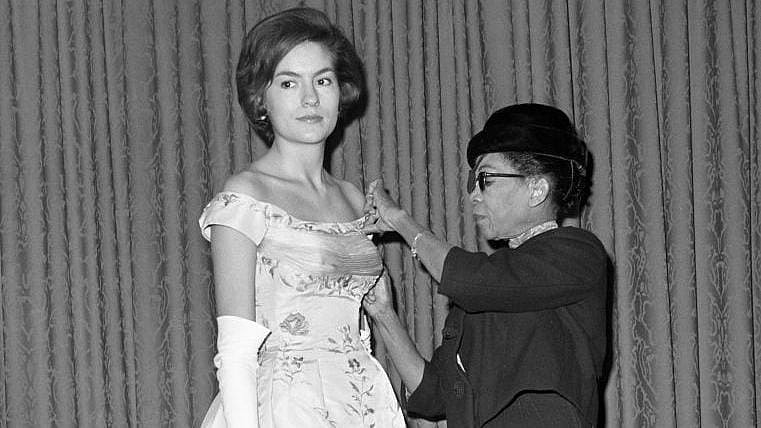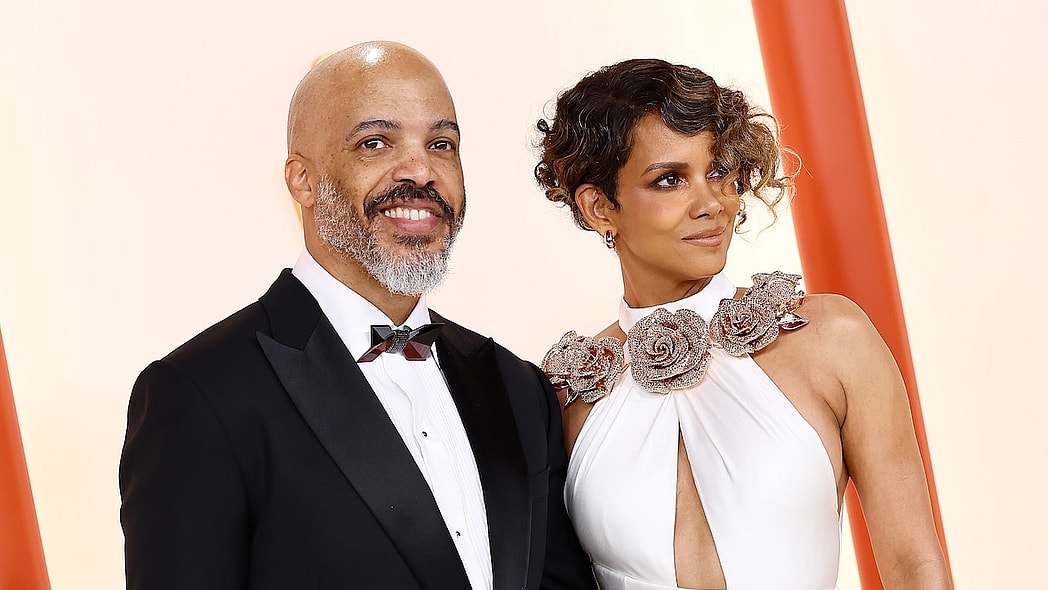Editor’s note: The following article is an op-ed, and the views expressed are the author’s own. Read more opinions on theGrio.
I live in a house with several children, which means that over the course of any day, there might be cries, yells, accusations, fights, etc. What that also means is that the words, “I’m sorry” are uttered frequently. We’ve taught our kids (as most parents have I’d imagine) that saying “I’m sorry” is usually the solution for doing something wrong, and if you are the wronged party, being told “I’m sorry” should end the situation. We also try to explain to them, so that they may understand for future interactions, why they did wrong and why it is important to apologize and mean it.
As it turns out (at least in my experience), for most kids, an apology really is the end all be all of non-physical (and sometimes even physical) clashes. Something goes awry, an apology happens and then they all get back to the activity at hand. All parties understand the assignment. In fact, “I’m sorry” on one end often comes with an “It’s OK” on the other. Can it be that it was all so simple then?
Kids might not always mean it, but they know it’s what you have to do and thus they do it because it becomes a habit. Plus, it ensures the parents don’t get involved or only get involved minimally and everybody gets to go about their day. It’s about … peace.
That understandable exchange between kids and their desire for peace makes me wonder just why (and how) it becomes so hard to apologize to people as an adult. To be clear, I’m including myself in this mix, as well. While I always try to do better, I’ve definitely felt myself struggling at times to apologize when I know I’ve done something wrong. I don’t know if it’s because I’m worried about leverage or concerned that I’ll look weak or maybe it’s because I feel like an apology won’t be accepted. Or maybe because I want to mean it when I do apologize and that’s not always where my heart is.
Just as often as I’ve had those feelings, I’ve witnessed it from other people. I’ve had somebody straight up tell me they weren’t going to apologize for doing me harm because they meant what they said. The concern about the other side of the equation has gone entirely out the window. In interpersonal relationships especially, I’ve watched friendships tank because one side could not, or would not, acknowledge and then apologize for doing a thing that put the relationship at risk.
Lifestyle
Romantic relationships definitely struggle with this. I’ve asked several people how often they either sincerely apologize to their spouse or vice versa, and more often than not, the apologies were so infrequent that they were able to remember specific instances. It shouldn’t be so foreign to get an apology as an adult that you can actually remember when it happened, but I do think many of us find ourselves in that space. Then again, most of us, as adults, find ourselves in a very defensive situation when told we’re wrong. We need to figure out why you think we’re wrong before we can even acknowledge it just in case we’re not wrong for why you think we’re wrong. Grownups are wild.
Shoot, as a parent, I’ve found myself having to apologize to my kids for overreacting to things; I want them to know that my reaction wasn’t about them and therefore I’m sorry and I won’t do that again. That should be easy — to apologize to a person you love more than life itself — but it always requires me to humble myself and then ask for forgiveness, which is hard to do, even when facing an 8- or 9-year-old. And that’s crazy to me.
I don’t know when this change happened. Or why. How do we go from learning to apologize for things all of the time, understanding it fixes lots of problems to being hesitant and resistant to apologize … knowing and understanding it can help fix (even if it’s not THE fix for) a lot of problems? Mind you, apologies don’t really fix all grown-up problems, I know, but when two people are at odds and one person is at fault, an apology is an acknowledgment and can usually help move things in the right direction.
Maybe it’s because apologies as an adult feel bigger and you can’t just move on. If you know you did wrong and thus must apologize, you also have to do better going forward and perhaps some of us aren’t ready to do better. Doing the work of being a better human isn’t something we require from children; we want them to learn from their mistakes, but kids’ mistakes usually have lower stakes.
Truth be told, I’ve seen grown-ups fail to apologize for even low-stakes mishaps. It’s quite fascinating. I’m sure there’s some psychological component here that involves the development of the ego and all that comes with pride and self-interest, but I also wonder when kids who grow up just stop apologizing when so many have spent so much time learning how to use their words to atone for a mistake. “Say sorry!” is such a part of a child’s life that you’d think it would be a natural part of adulthood, yet, personal experience has taught me that’s not the case.
I’ve worked hard to acknowledge when I do wrong (I’ve also worked hard on simply not doing wrong). Perhaps that’s the rub; apologizing as an adult is admitting you did something wrong even though you knew better. Kids are learning on the go, and very impulsive. Adults are supposed to be better at impulse control. Again, it’s all fascinating.
What I do know is that as I made my kids apologize to each other recently I wondered at what point they’d refuse to do so, not because they weren’t wrong, but because it was too hard or required them to genuinely admit fault. I hope never; I hope I’m raising kids with enough emotional intelligence to be able to healthily address their own faults in interactions with others. But if history is any indicator, at some point, the willingness to apologize to fix a problem will give way to standing on business and hurting others’ feelings.
And I’m sorry, but that sucks.

Panama Jackson is a columnist at theGrio. He writes very Black things, drinks very brown liquors, and is pretty fly for a light guy. His biggest accomplishment to date coincides with his Blackest accomplishment to date in that he received a phone call from Oprah Winfrey after she read one of his pieces (biggest), but he didn’t answer the phone because the caller ID said: “Unknown” (Blackest).
Make sure you check out the Dear Culture podcast every Thursday on theGrio’s Black Podcast Network, where I’ll be hosting some of the Blackest conversations known to humankind. You might not leave the convo with an afro, but you’ll definitely be looking for your Afro Sheen! Listen to Dear Culture on TheGrio’s app; download it here.


